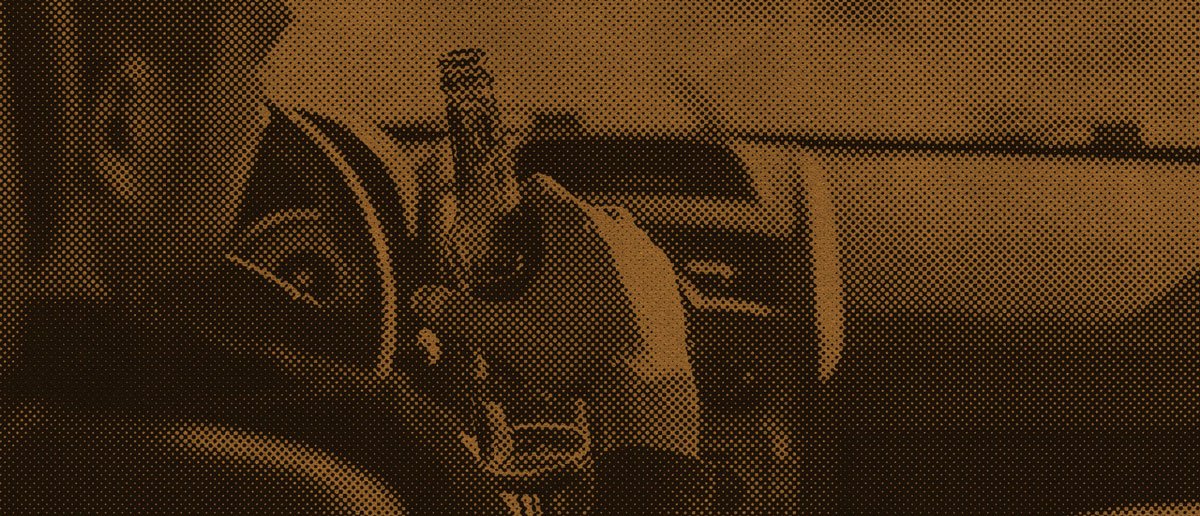
Driver’s License Hearings at the Utah DLD
Good People Do Dumb Things Sometimes--Shoplifting Is One of Those Things
When folks charged with shoplifting first talk about it with a defense attorney, they often start out by saying, "So, I did something really dumb, and I feel really bad about it..."
It's interesting. I don't often hear this prelude from people charged with assault, or drug possession, or criminal mischief, or DUI even, but the results of those crimes can be just as serious, if not more so. I have yet to represent someone in a murder charge, but when I do, I doubt very much that our first meeting will include the client's sheepish admission that he kinda messed up and feels really bad about it. What is it about shoplifting that makes people feel especially ashamed and remorseful, or just especially willing to admit to those feelings?
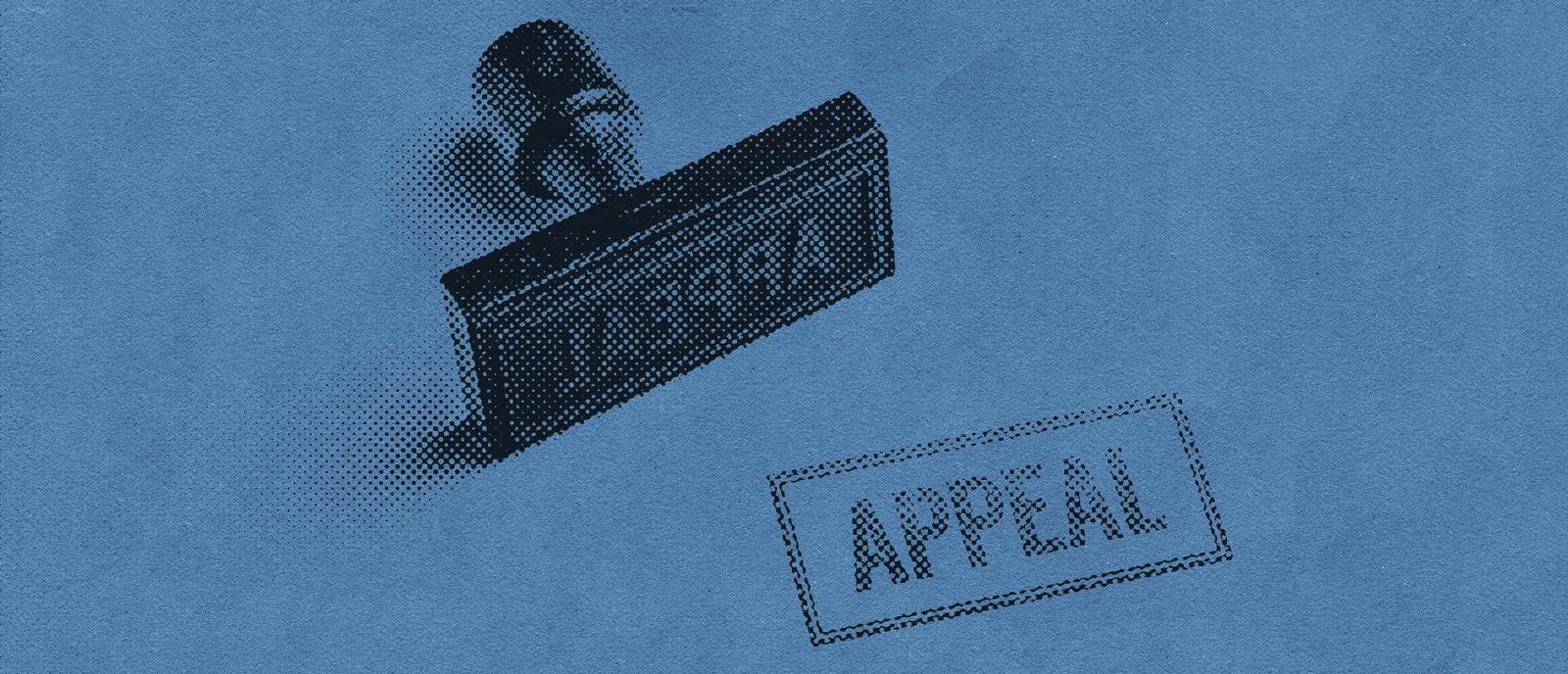
Rippey v. State and a New Day for Challenging (Bad) Guilty Pleas in Utah
If you or a loved one has entered a plea of guilty (or no contest) to a criminal charge in Utah, the new case of Rippey v. State probably affects you, so you should know about it. Rippey is a big deal. And, IMO, it’s a good thing for criminal defendants, but also for fairness and constitutional rights in Utah.

DUI Without the “D”
Ok, you might think that if there’s one thing abundantly clear about the charge of Driving Under the Influence, it’s that, to be guilty, you must be 1) Driving, 2) Under, 3) the Influence. But you would be mistaken.

The Difference Between Driving Under the Influence and Impaired Driving in Utah
According to Google, "what is the difference between DUI and DWI?" is one of the most popular what-is-the-difference-between questions, just slightly less common than "between greek yogurt and regular" and slightly ahead of"between a wasp and a hornet." In any case, it's one of the biggies. Not bad for a rather subtle legal distinction, really. The difference between recklessness and criminal negligence is probably much more important to the field of criminal law, but no-one seems to care about that!
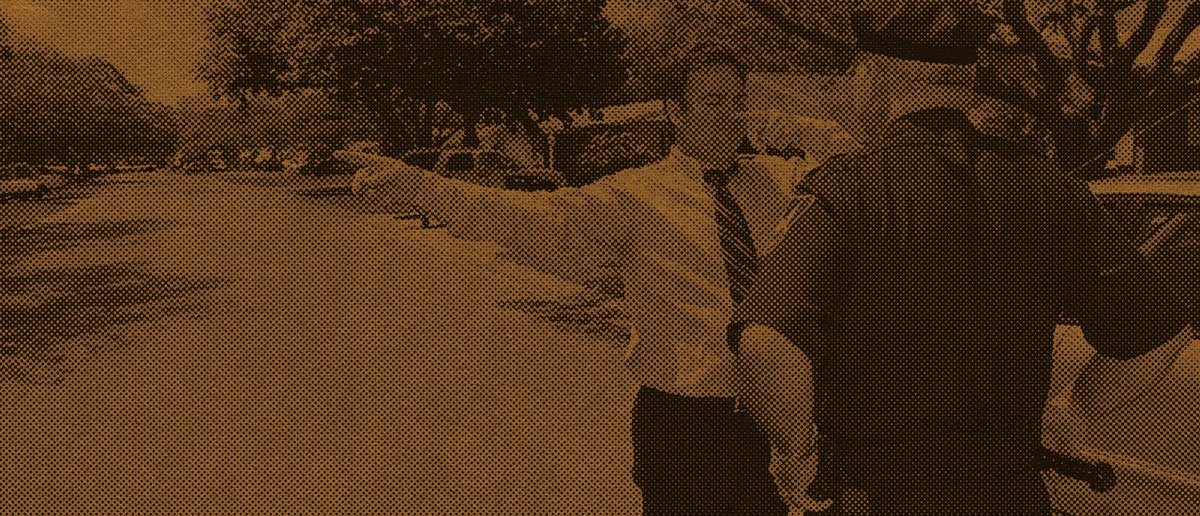
The Legality of Automobile Searches
I've had several friends ask me about the ability of police to search their automobile when they get pulled over, no doubt worried about the cases of moonshine they keep stashed in the trunk or just curious about the extent of their constitutional rights. Confusion in this area of law is rampant, and for good reason. Automobile search law is a mess. The Utah Supreme Court basically admits it in this case from 1990, saying "the fourth amendment, especially in the context of automobile searches, has been the source of much confusion among judges, lawyers, and police."

Avoiding the “Consensual” Police Encounter
Just to be clear, there are three possible ways to handle the "consensual police encounter," depending on your situation:
What’s the deal with all these Mug Shot websites? (Your questions sort-of answered)
Mug shot web sites have been flourishing here in Utah and everywhere else. Apparently, there is lots of pent-up demand for the valuable public-service they provide. I know I personally wake up every morning wondering who might have been booked into jail in my fair city lately. In fact I usually spend a solid hour clicking through badly-lit, out-of-focus pictures of complete strangers over my coffee!
The Truth About Miranda Rights Is They Don't Exist. Not How You Think, Anyway.
Miranda v. Arizona has got to be THE most well-known piece of criminal case law in existence. "You have a right to remain silent. You have the right to consult with an attorney and to have an attorney present during questioning. If you can't afford an attorney, one will be appointed for you. Anything you say can and will..." etc. etc.
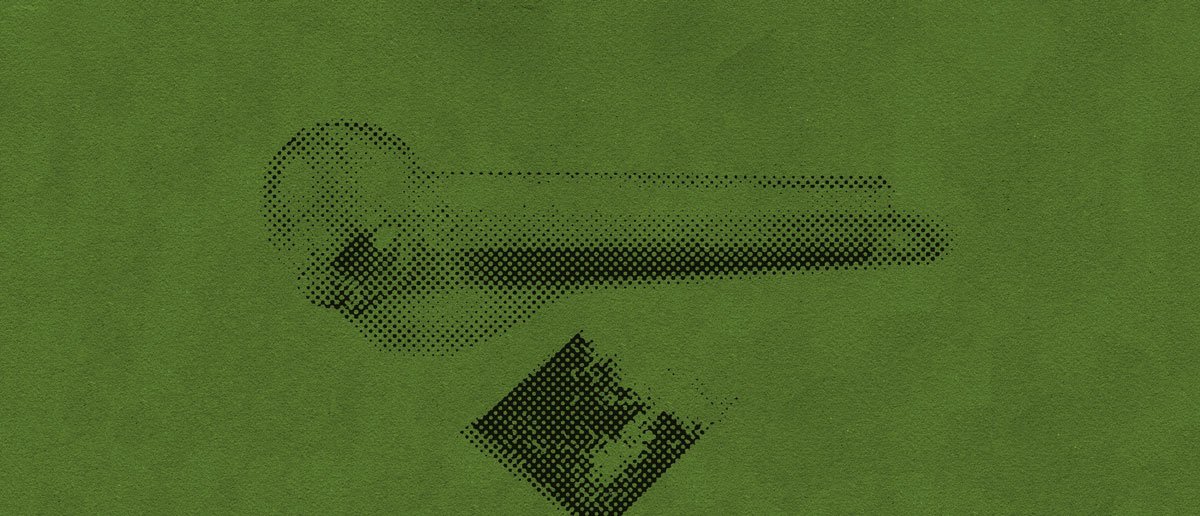
The Metaphysics of Utah’s Drug Paraphernalia Act
The Buddhists sometimes say that "the universe exists in a grain of sand" when explaining the concept of interdependence among all things. It seems the Utah legislature was strikingly Buddhist when drafting the Utah Drug Paraphernalia Act, because the way they defined "paraphernalia" makes paraphernalia exist in all things, too.
Under Utah Statute 58-37a-3, drug paraphernalia means "any equipment, product, or material used, or intended for use, to plant, propagate, cultivate, grow, harvest, manufacture, compound, convert, produce, process, prepare, test, analyze, package, repackage, store, contain, conceal, inject, ingest, inhale, or to otherwise introduce a controlled substance into the human body." Damn.
Shoplifting in Utah and the Consequences
Good People Do Dumb Things Sometimes--Shoplifting Is One of Those Things
When folks charged with shoplifting first talk about it with a defense attorney, they often start out by saying, "So, I did something really dumb, and I feel really bad about it..."
It's interesting. I don't often hear this prelude from people charged with assault, or drug possession, or criminal mischief, or DUI even, but the results of those crimes can be just as serious, if not more so. I have yet to represent someone in a murder charge, but when I do, I doubt very much that our first meeting will include the client's sheepish admission that he kinda messed up and feels really bad about it. What is it about shoplifting that makes people feel especially ashamed and remorseful, or just especially willing to admit to those feelings?
Contrary to the Public Interest
The following explains why expunging the crime(s) is not contrary to the public’s interests.

Simple Possession | Marijuana Charges on Federal Land
Possessing less than an ounce of Marijuana, for instance, is not exactly the crime of the century. In some of our more progressive states, it isn't even a crime. But if a federal agent (National Park Ranger, Forest Service Law Enforcement, etc.) catches you with any amount of marijuana on federal land, it does indeed become "a federal case." You are charged by the U.S. Attorney's Office under federal law (see 21 U.S.C. § 844), and the case goes to the nearest federal court.

THE CONFRONTATIONISTS: The Rise of Police Encounter Videos
The internet these days is ripe with what I’m going to call Confrontationists and their videos. These videos feature a citizen (the Confrontationist) obstinately refusing to cooperate during an automobile stop at a DUI or immigration checkpoint. Checkpoints seem to work well because they’re predictable--at least on the short-term--and they allow a budding Confrontationist to get his recording device, and his nerves, appropriately prepped.
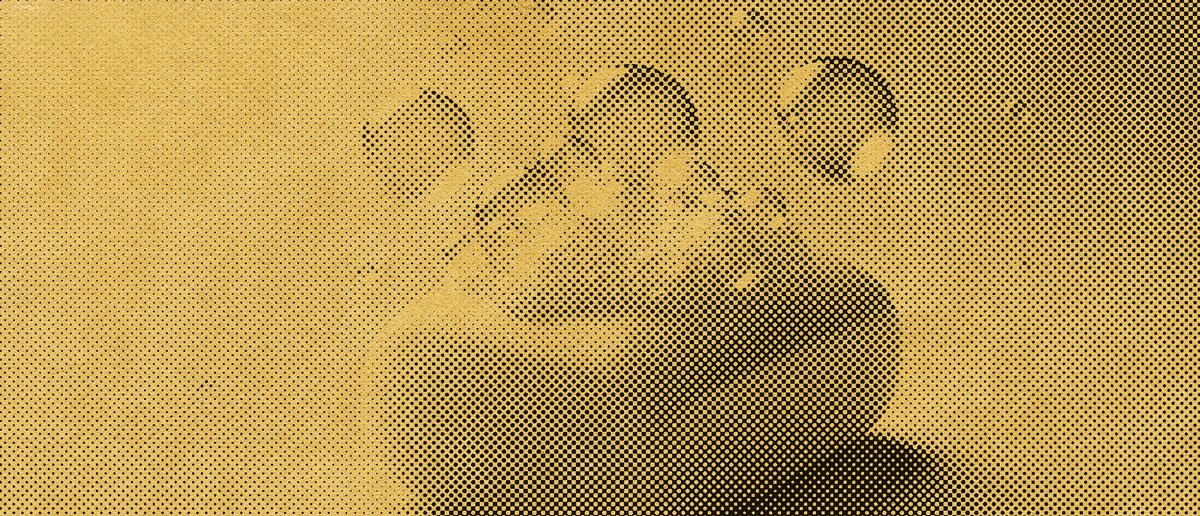
Doing Your Own Utah Expungement
It's certainly possible to do your own expungement in Utah. It just takes some patience, filling out several forms, and jumping through a bunch of legal hoops. You'll also have to write why expunging your record is not contrary to the public interest.

Dismissed Charges ARE Part of Your Utah Criminal Record
I've been contacted by several people lately who were confused about the difference between "dismissed" charges and "expunged" charges. What they don't understand is that the record of your criminal case--whether you were convicted, found not-guilty, or the case was dismissed--is always part of the public record unless it is expunged.
I think what often happens is the prosecutor offers a "plea-in-abeyance" deal, where the charges are dismissed at the end of the abeyance period. They often explain (or defense counsel often explains) that a plea-in-abeyance deal keeps the conviction "off your record." That's true: it does keep the conviction off your record, but it doesn't seal the record from public view. So anyone doing an official records search in Utah can still see the record of the case, see what you plead guilty to, and see what happened with your plea-in-abeyance. While this is certainly better than having a conviction, it can still be problematic.
Simply put, the only way to keep the entire record of your case from appearing in official background checks is to go through the expungement process. The good news is that dismissed cases are eligible for expungement just 30 days after dismissal (much better than the several-year wait required for even minor convictions). I've helped many people through this process before, and I'd be glad to help. Check out my expungement page for more info.

All Minors Are “Alcohol Restricted Drivers” in Utah
The legal definition of an "Alcohol Restricted Driver" in Utah is a long, complex quagmire of a law, with multiple categories and sub-categories of people who have been convicted of various alcohol-related traffic crimes or administrative offenses within a certain number of years.

Utah's Dubious Distinction: The Most Federal Pot Convictions
According to an article published his summer in the Salt Lake Tribune, Utah leads the nation in convictions for federal cases of "simple possession." Basically, this is the federal crime you get charged with if you're found with a personal amount of weed on any federal land: national parks, national forests, national monuments, and BLM land.
Utah's "Drug Free" Zones
Utah lawmakers have a proud tradition of writing their drug laws with an 8-inch paint-brush. Utah's Paraphernalia Act, for instance, is so broad that it would probably be easier to define what isn't illegal. (read more about it here). Similarly, Utah's "Drug Free" Zones cover so much territory that they would be better off trying to identify the small areas in the state that aren't "drug free."
So what is a drug-free zone in Utah? Well, according to Utah Code 58-37-8:
Google Puts the Hammer Down on Mug-shot Web Sites
So there's finally some good news out there for those people trying to deal with a long-ago mug-shot plaguing their current, law-abiding life--people who expunged their criminal records, or were arrested for a crime but never convicted of it, or who just grew up and moved on and tried to forget about that stupid mistake but couldn't because of the prolific and obnoxious mug-shot websites out there which demand exorbitant amounts of money to remove a photo.
